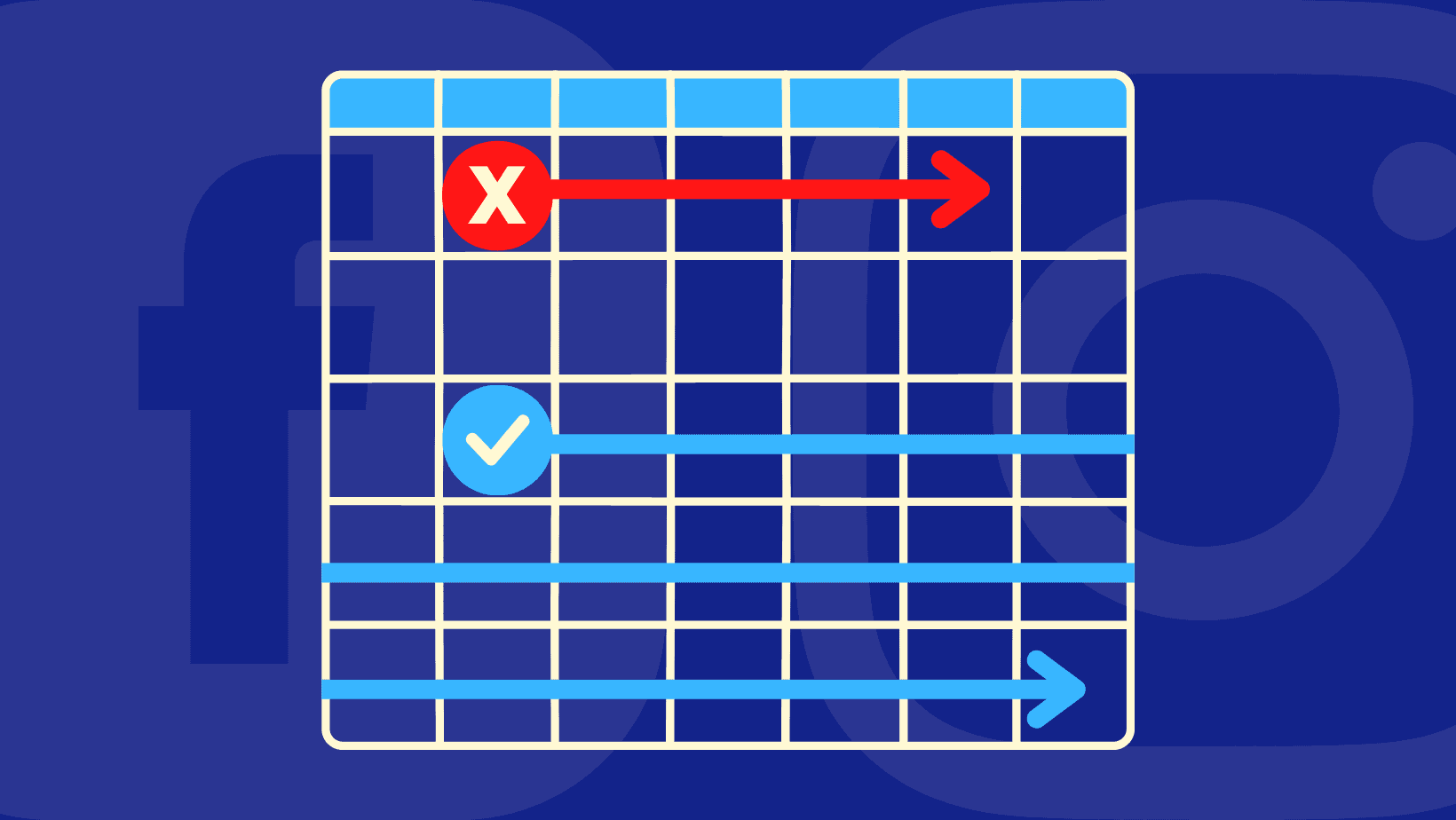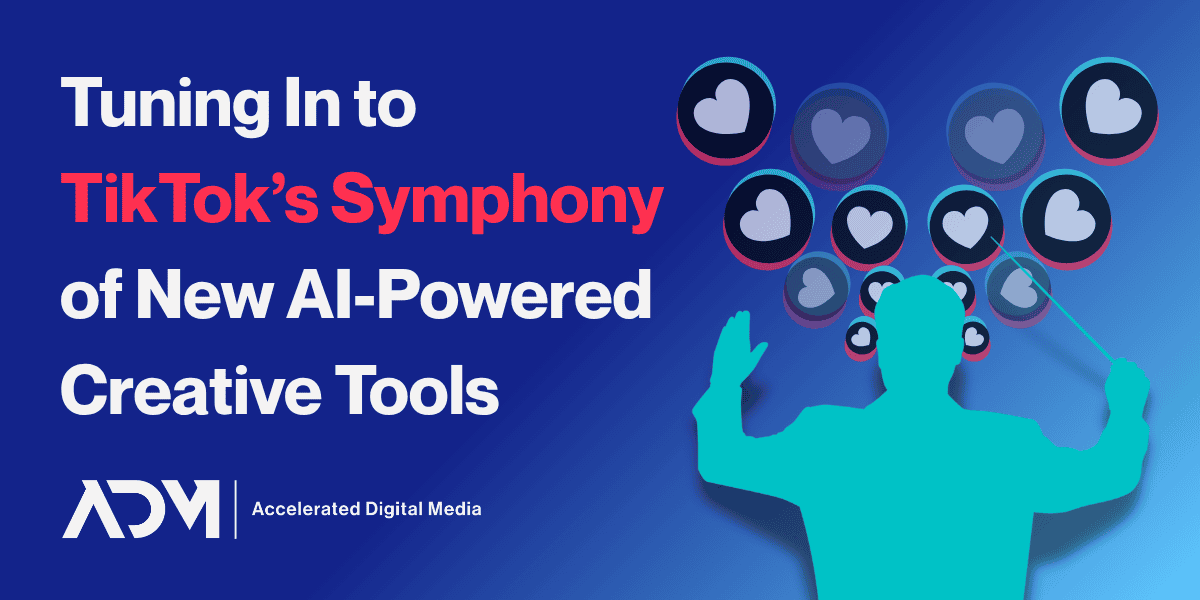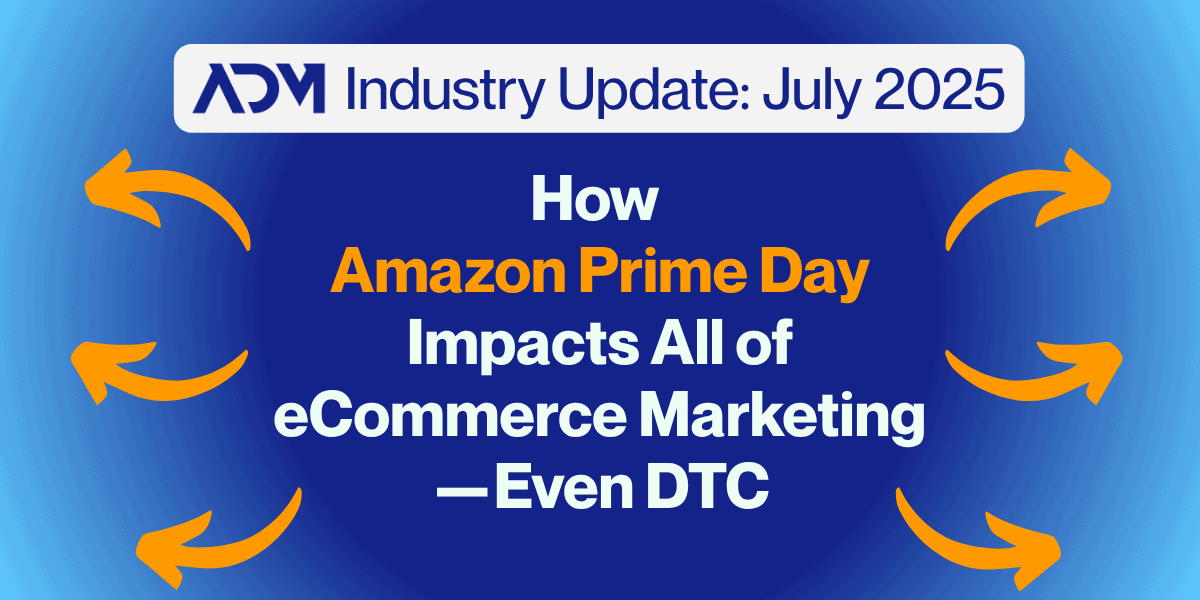For eCommerce brands, promotions are a vital element of their sales and growth efforts, and paid social media campaigns might be the best way to get the word out about them. But determining how long you should advertise those promotions—especially if the offer itself only runs for a short period—can be tricky.
Conventional wisdom is that Facebook and Instagram ads always be given at least a week (and typically longer) to run, because that’s about the minimum length of Meta’s ad learning period. Some will even claim that short-run ads constitute a waste of money. If you run a promo for too short of a time, it may not have the learning time to reach optimal performance, thus bringing down account-wide return on ad spend (ROAS).
Still, there are often situations—a promotion tied to a holiday, for instance—where a client may request to advertise something for only a few days at a time. So, is longer always better, and is there ever any merit to running Facebook ads for less than a week?
At ADM, we’re committed to testing, so we looked into our client data to see if the numbers aligned with conventional wisdom.
Testing The Conventional Wisdom
One of our clients, an apparel brand, was intent on capturing demand for men’s clothing in advance of Father’s Day. The plan was to pair different types of promotion-based ads with an increase in media spend toward key audience segments, but they weren’t sure of how long they wanted that campaign to run.
Advertisers primarily avoid running anything shorter than two weeks due to Meta’s ad learning phase—the time it takes the algorithms to learn which ad and audience combinations will deliver the best results. But because this client regularly ran short-term “gift with purchase” (GWP) promos on their website, they often limited some social campaigns to the length of that promotion. That gave us an opportunity to assess the viability of short-run social strategies and determine if the client should rethink their approach to promo campaigns.
While we knew the ads would remain in the learning phase, we don’t entirely share the view that any ad still in that phase equates to a wasted effort. After all, the ad still delivers, meaning if it was well-designed and targeted at the right audiences, it would still garner valuable insights and interactions.
The client requested a long-term flight of paid social ads for their Father’s Day promotion over 34 days. They also ran short-term paid social ads for Father’s Day that included a GWP promo, which was only available for 5 of those days. While the longer-run ads didn’t offer the same enticing incentive as the short-term ads with GWP, they had the benefit of a longer learning period. For both campaigns, it was important to monitor ROAS, link click through rate (CTR), and cost per acquisition (CPA) changes.
Comparing the Numbers
So, did the conventional wisdom bear out? The answer is yes: long-running Facebook ads do indeed perform better. ROAS for those long-term ads was 48% higher than the short-term ones, and CPA was 57% lower—a pretty marked difference.
But was our client wasting its efforts in pursuit of shorter ad flights? Not exactly. The short-running ads also performed well and provided valuable information for the client. They produced a positive ROAS, and CTR was only 4% lower than for the longer-running ads that took more than a month to learn their best placements.
That means that brief ad flights on Facebook aren’t going to be a total detriment. there may be a place for them when necessity calls—as long as you’re realistic about what they can achieve. While they may not be ideal for direct sales, they have potential for raising awareness. If it is important to the client to increase awareness around a short-term promo, then it’s wise to run a reach objective campaign rather than a conversion objective. The focus will be more on getting in front of a wider audience than garnering conversions.
In that scenario, eCommerce brands should be looking at different KPIs to determine success, like efficiency in impressions, high reach, engagement. Otherwise, if conversions are the end goal, then campaigns should run between two weeks and one month in order to deliver the best return on your ad investment.
With that knowledge, it’s important to plan your promotion campaigns well enough in advance so they have the runway to reach optimal performance. And on the other end of the spectrum, be wary of running campaigns for too long. That’s especially true for limited-time promotions or highly-targeted campaigns. Unless your audience targeting is extremely wide, campaigns that run much longer than a month run the risk of exhausting their intended audience and underperforming as time goes on.




